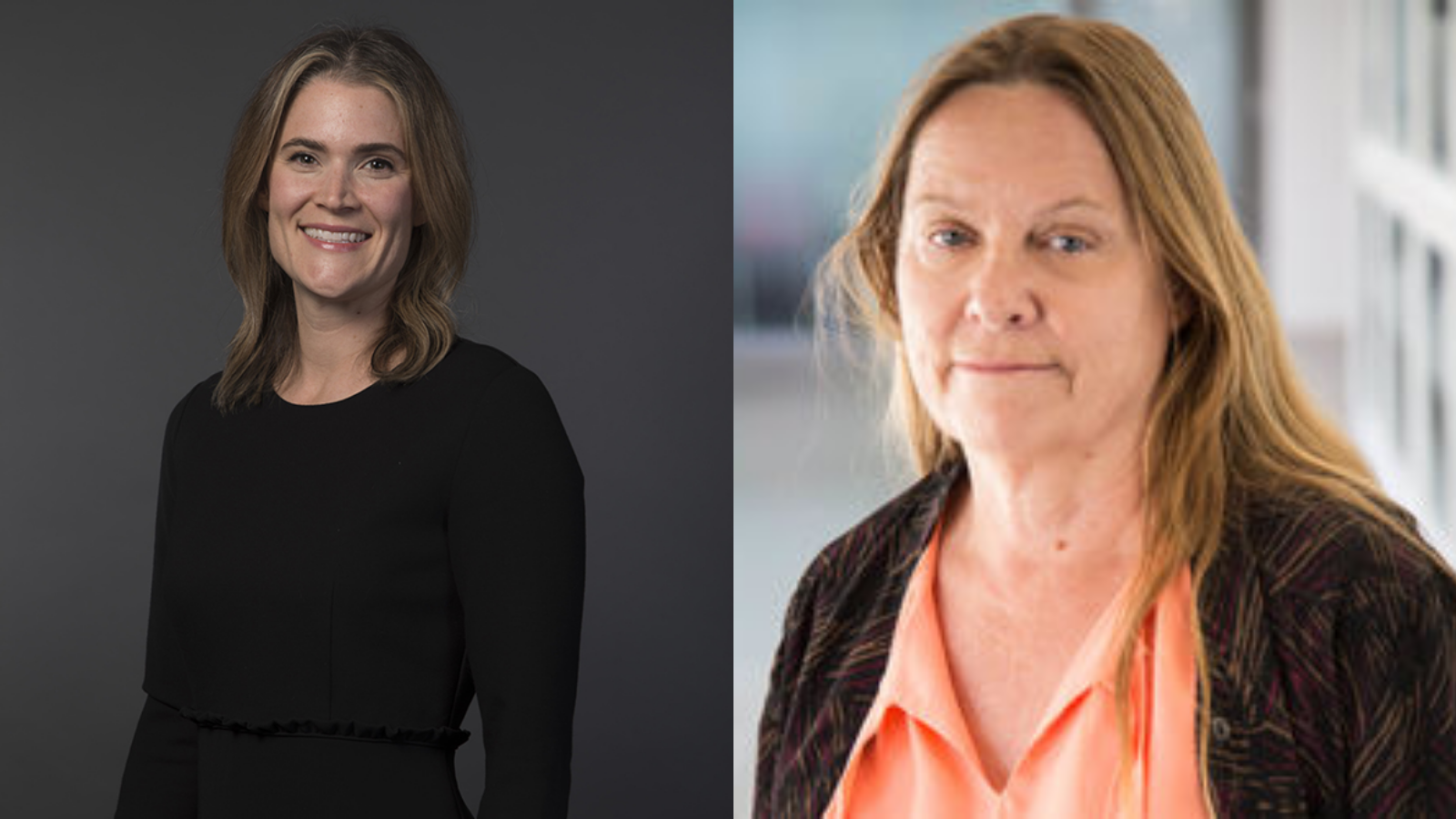SC CTSI-Supported USC Scientist to Study Physical Gait Rehabilitation and Brain Health in New NIA K Grant Award

Many chronic stroke patients walk with asymmetric steps, with one step shorter than the other, and struggle to relearn a healthy gait. One investigator from the USC Division of Biokinesiology and Physical Therapy hopes to address this issue with the help of the SC CTSI.
Kristan Leech, PhD, DPT, PT, will lead a study of chronic stroke patients ages 45 to 85 to explore how gait rehabilitation could be tailored to an individual’s cognitive status and post-stroke brain biology. As people age, the incidence of stroke disease rises, and elderly patients are at higher risk of mortality from stroke and poorer outcomes.
“Stroke patients relearning to walk must understand instructions and their rehabilitation goal and change their movement to achieve their goal,” says Leech, Assistant Professor in the USC Division of Biokinesiology and Physical Therapy. “As a clinician myself, I know that my patients who are cognitively impaired have a hard time with those tasks.”
Leech received a National Institutes of Aging Mentored Research Career Development Award (known as a K grant) to study the interplay between physical gait rehabilitation and brain health. The K grant funding is designed to support a scientist developing new training and capacities.
SC CTSI provided crucial biostatistics assistance and support, starting three months before Leech submitted her application for the K grant
Leech says the award will help advance her statistical analysis skills needed to understand connections between brain health and gait rehabilitation. Wendy Mack, PhD, Director of the Biostatistics, Epidemiology and Research Design (BERD) core at SC CTSI, assisted Leech in designing the application’s specific aims, training and research protocols and will serves as a mentor to Dr. Leech on the grant.
“This grant is directed towards stroke in the elderly population, working toward understanding the underlying dysfunctions that might contribute to their ability or inability to respond to rehabilitation approaches,” says Mack. “Because Dr. Leech came to us three months before the grant was due, that allowed us opportunities to discuss her study design, sample size and analysis, so she could optimize the proposal. We provided a critical reading of the grant application several times.”
“We would not have been as successful in gaining this grant award without CTSI and Dr. Mack’s involvement,” says Leech.
Leech’s study will examine a patient cohort undergoing gait rehabilitation known as explicit motor learning, which calls on cognitive skills and neural pathways often diminished by stroke.
“We want to find out whether a part of the brain, the dorsal lateral prefrontal cortex, has been directly or indirectly affected by stroke—and if that change causes a cognitive impairment or is related to a cognitive impairment that makes explicit motor learning more challenging,” says Leech. “The dorsal lateral prefrontal cortex is a hub of many cognitive processes. Neuroimaging and other research tools could help us begin to understand whether the relative thickness of the cortex affects a stroke patient’s ability to learn and retain learning. We will use a statistical approach to understand how the thickness of the dorsal lateral prefrontal cortex could be related to how they perform and remember tasks. What we can learn about an individual’s cognitive status eventually could be considered in a physical rehab plan and provide more effective care after a stroke.”
This study will provide preliminary data for a much bigger grant to study these issues over a longer period or with different measures of brain biology that might impact these learning mechanisms.



